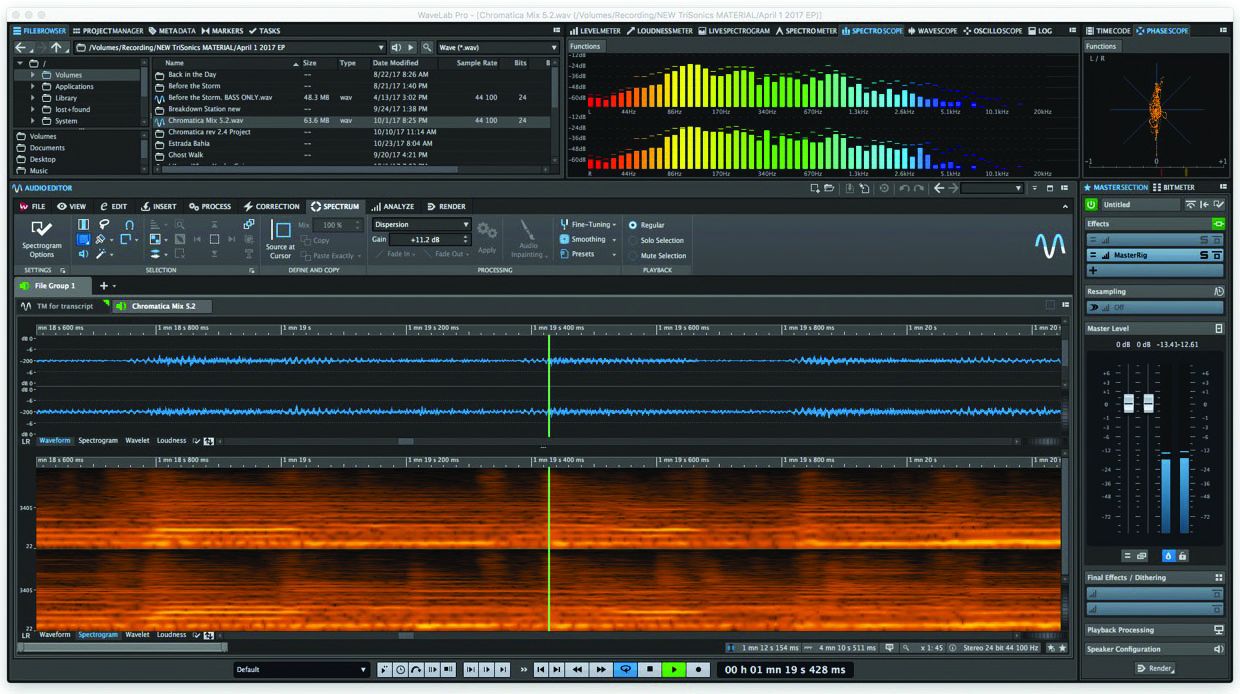

My philosophy on making tracks louder can be summed up in four words: “Less is always more.” Use the least amount of tools possible to get the job done. Like doctors, the first credo of mastering engineers should be: “First, do no harm.” Less Is Always More If I receive a mix that is virtually perfect, then I need to send it back as is. In fact, one of the biggest parts of our job is to know what a track does or doesn’t need. I think there’s a common misconception that mastering engineers are supposed to put their fingerprint on every mix and do a ton of manipulation and bus processing, when in fact sometimes our job is to do very little. However, it’s important to be aware of the fact that if a track comes in too hot, it limits (pardon the pun) the amount of processing a mastering engineer is able to apply to the track (which isn’t always a bad thing). If a mixing engineer uses either of those tools as part of their process, then the mastering engineer needs to deal with that. In fact, one of my biggest pet peeves is mastering engineers sending back mixes and asking for new ones without bus processing or limiting. I’m always happy to give clients feedback on their mixes if they ask for it, but otherwise I usually assume the mix has been approved by the team and is ready to be mastered.
Wavelab 6 mastering full#
On the other side of the coin, if I have a mix come in that I’m trying to push to -6 or -7 LUFS (Loudness Units Full Scale) with transients spiking, I would have to compress the entire mix, which would change the balance of the entire track. For example, most mixing engineers that understand that a track needs to be “competitive” will compress the individual elements in the song so that, by the time it comes to be mastered, that sound is already baked in. This all starts in the mix phase and can either make or break your ability to push a track to its limits in the mastering stage. If the artist’s goal is to make a loud record, it’s important to try to figure out a way to get that loudness as clean as possible.

In the end, it really just depends on the project and what the artist is going for. But it’s hard to say whether or not some of the projects I’ve worked on would have been as successful without having that loudness push. I’ve also worked on plenty of records that weren’t mastered super-loud yet were really well-received. Sure, there have been times that I’ve felt pressured to make records louder than I normally would … some of which have gone on to win multiple Grammys ®. I prefer to make the best-sounding record I can, without sacrificing any quality for the sake of loudness. I’m often asked my opinion about the so-called “loudness wars.” To me, it’s not a “war” and I don’t have a stance either way.


 0 kommentar(er)
0 kommentar(er)
